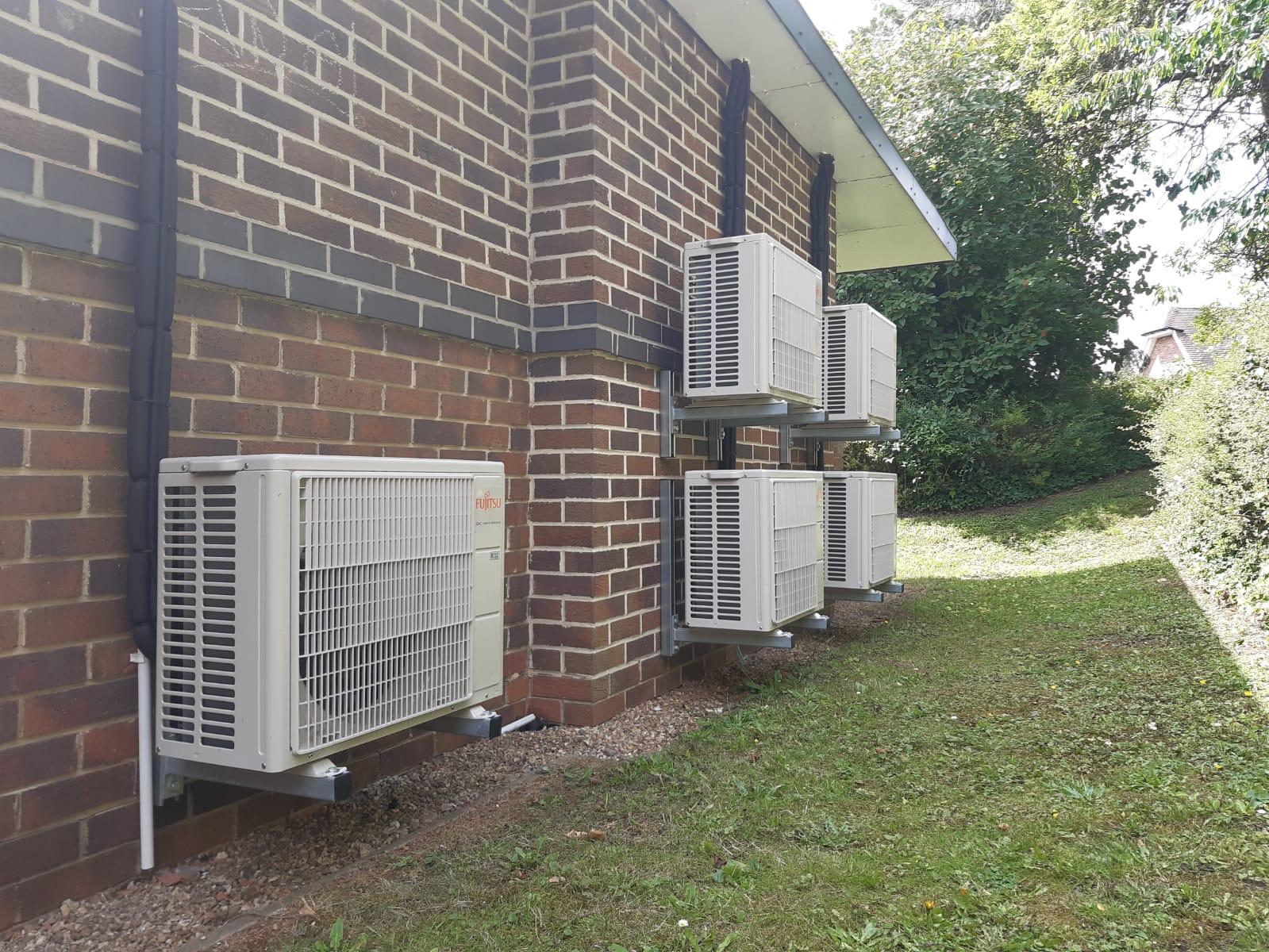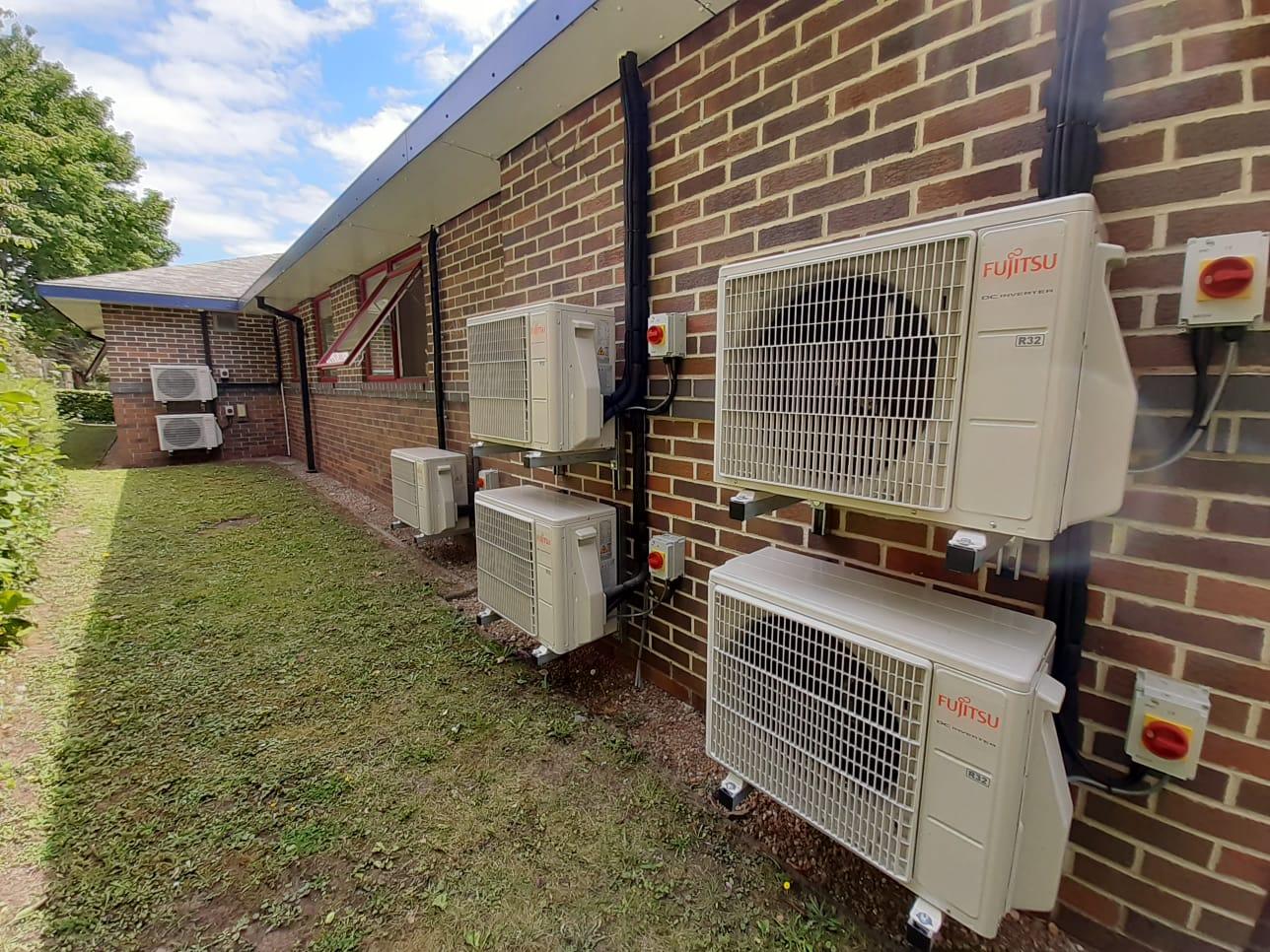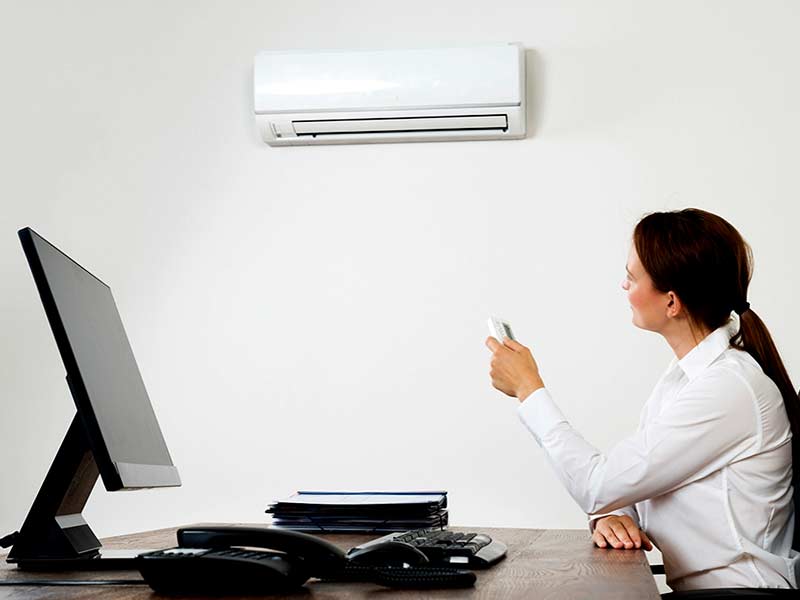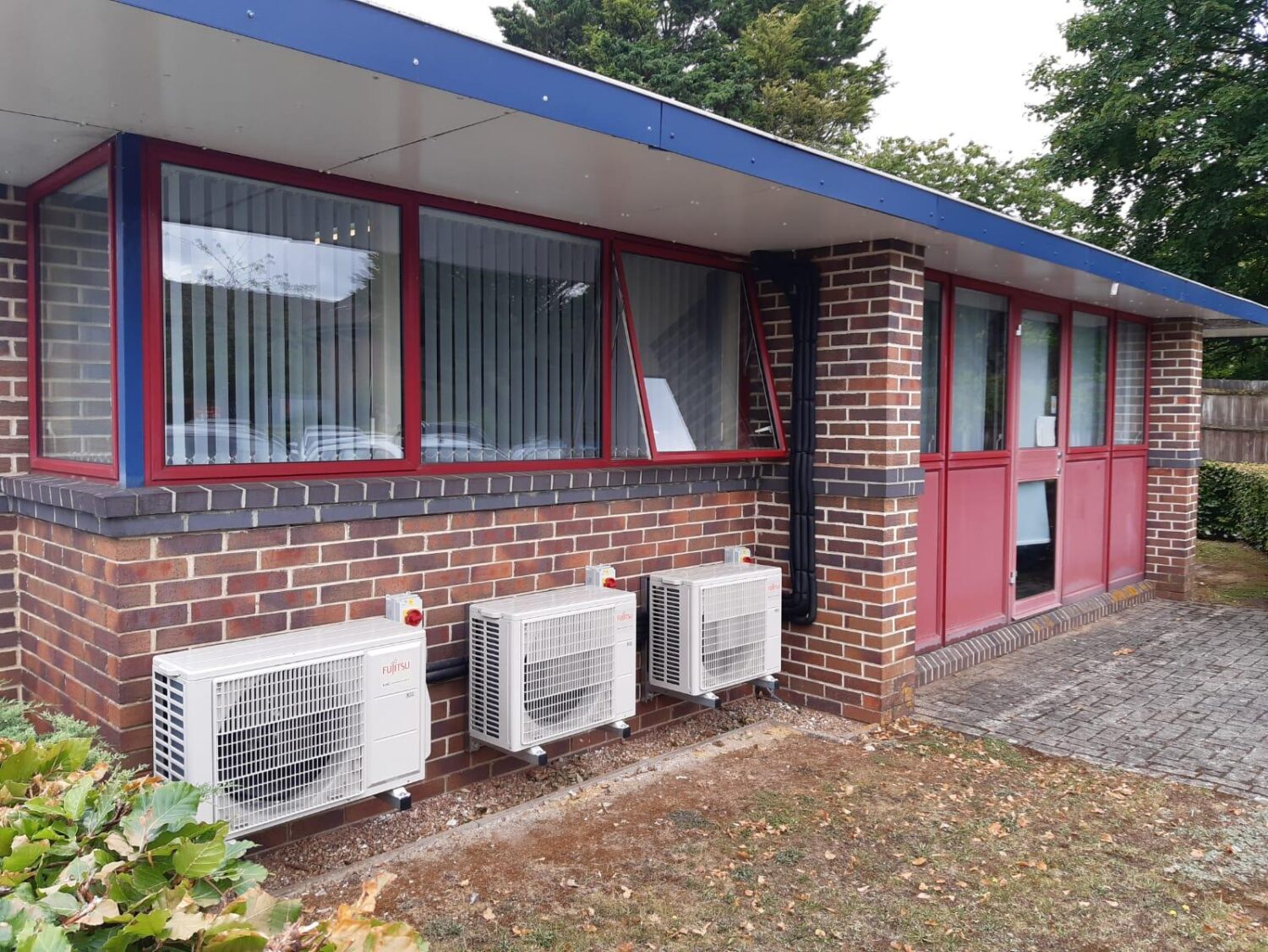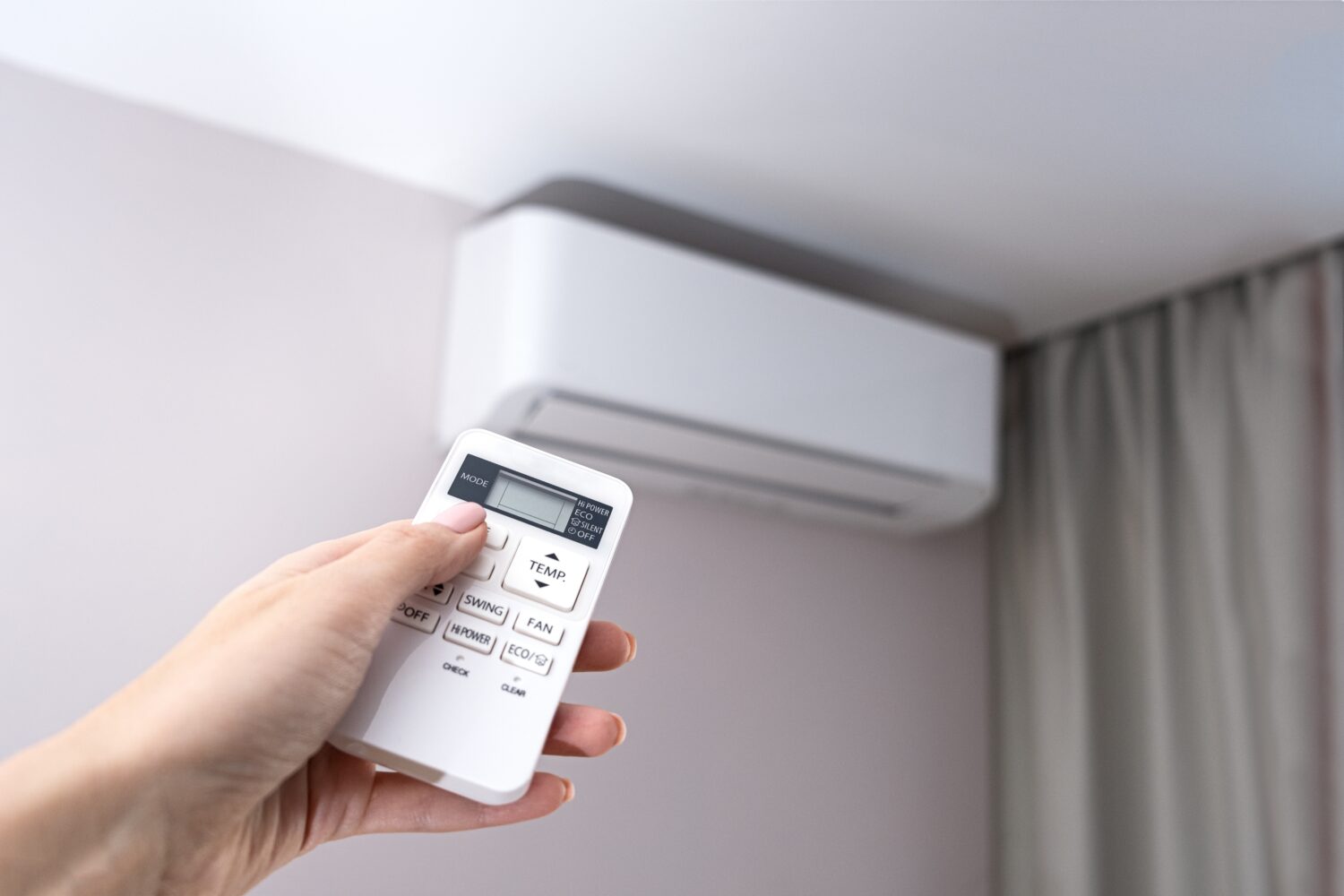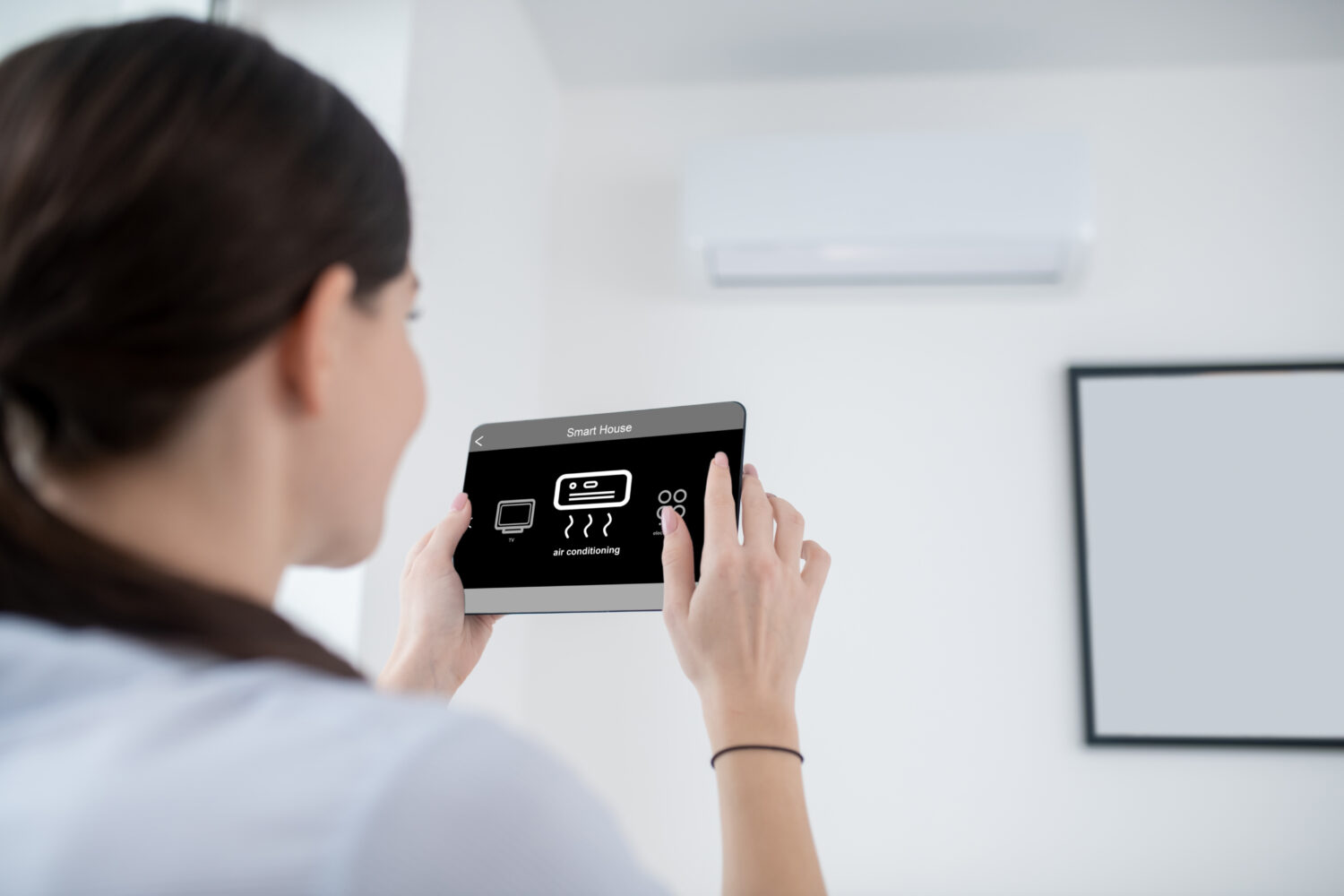Breathe Easier, Live Healthier
Indoor air quality (IAQ) is crucial to our health and well-being, as we spend approximately 90% of our time indoors. A key factor in maintaining good IAQ is the proper use and maintenance of air filters. In this blog, we will delve into the role of air filters in maintaining indoor air quality, exploring the different types of filters, their efficiency, and the best practices for optimal performance.
Understanding Indoor Air Pollution
Before delving into the world of air filters, it’s essential to understand indoor air pollution and its effects on our health. Indoor air pollutants can be classified into two main categories: particulate matter (PM) and gaseous pollutants. PM consists of tiny solid or liquid particles suspended in the air, while gaseous pollutants include volatile organic compounds (VOCs), carbon monoxide, nitrogen dioxide, and other harmful gases.
Indoor air pollution sources include:
- Combustion processes (e.g., cooking, heating, and smoking)
- Building materials (e.g., asbestos, formaldehyde, and radon)
- Household products (e.g., cleaning agents, personal care products, and pesticides)
- Outdoor pollutants that enter the indoors (e.g., pollen, mould spores, and vehicle exhaust)
Prolonged exposure to these pollutants can lead to various health issues, ranging from minor irritations to severe respiratory illnesses and even cancer.
The Role of Air Filters in Improving Indoor Air Quality
Air filters are essential components of heating, ventilation, and air conditioning (HVAC) systems, tasked with capturing pollutants and preventing them from recirculating in the indoor environment. By trapping PM and some gaseous pollutants, air filters contribute to a cleaner and healthier living space.
Types of Air Filters
There are various types of air filters available in the market, each with its unique set of advantages and limitations. Some common types include:
- Mechanical filters (e.g., fiberglass, pleated, and high-efficiency particulate air (HEPA) filters)
- Electronic filters (e.g., electrostatic precipitators and ionizers)
- Activated carbon filters (effective at removing gaseous pollutants)
Efficiency Ratings: MERV, MPR, and FPR
Air filter efficiency is measured using different rating systems, such as the Minimum Efficiency Reporting Value (MERV), Microparticle Performance Rating (MPR), and Filter Performance Rating (FPR). Higher ratings indicate a filter’s greater ability to capture smaller particles.
Selecting the Right Air Filter for Your Needs
When choosing an air filter, consider factors such as the type of pollutants you wish to target, filter efficiency, and compatibility with your HVAC system. HEPA filters, for instance, are highly efficient at capturing PM but may require professional installation and can increase energy consumption. Activated carbon filters, on the other hand, are more effective at trapping gaseous pollutants.
Air Filter Maintenance: Ensuring Optimal Performance
Regular air filter maintenance is essential for maintaining good IAQ. A clogged or dirty filter can decrease the efficiency of your HVAC system, reduce airflow, and even damage the equipment. Make sure to follow the manufacturer’s recommendations for filter replacement or cleaning.
Additional Measures for Improving Indoor Air Quality
While air filters play a significant role in maintaining IAQ, they should be used in conjunction with other strategies, such as:
- Proper ventilation (e.g., using exhaust fans, opening windows, and installing air exchangers)
- Source control (e.g., using low-VOC products and eliminating tobacco smoke)
- Regular cleaning and maintenance of your living space
Get in Touch Today!
For all your air conditioning needs, consider getting in touch with Air Improve, a trusted and reputable HVAC service provider. With a team of experienced professionals, Air Improve is dedicated to offering comprehensive solutions tailored to your specific requirements. From air filter selection and installation to routine maintenance and system upgrades, Air Improve ensures your indoor air quality remains at optimal levels. As your partner in creating a comfortable and healthy indoor environment, Air Improve is committed to providing top-notch service and expert guidance to help you breathe easier and live healthier.

